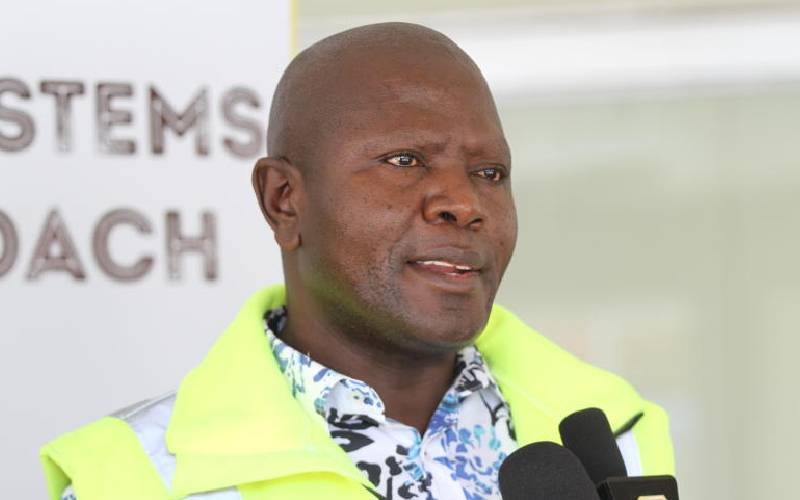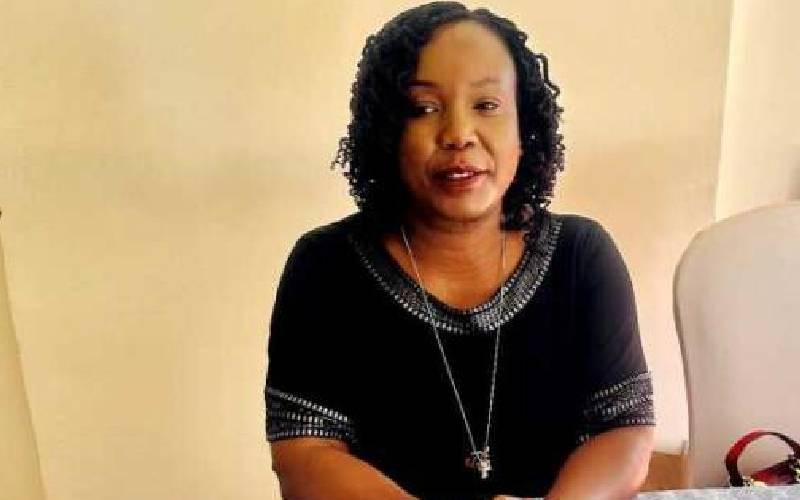NAIROBI: Signs are emerging that Africa’s health care sector is awakening and modernizing with the help of private investment. In a continent that bears 25 percent of the world’s disease burden, the private sector has emerged as an important provider of healthcare. Increasing investor interest is good news. To meet Africa’s growing demand for healthcare; $25-$30 billion in new investment is needed.
Private investors, local and global, are rising to the challenge. Over the past seven years, private equity funds alone have invested more than $300 million in sub Saharan Africa’s healthcare sector and various private equity fund managers are estimated to have raised approximately $600-700 million over the last year to invest exclusively in this space.
An important milestone passed early this year when Nigeria’s largest healthcare group Hygiea announced a$70 million investment from a consortium of investors led by IFC. The deal marked the largest private equity investment in healthcare in Sub Saharan Africa outside of South Africa. Africa’s healthcare sector has been fragmented among small, informal operations. Consolidation creates scale, lowers prices and improves quality. For instance, Kenya alone has 6,000 pharmacies, most of which are unlicensed and with poor quality controls resulting into the highest medicine prices in the world and a counterfeit drug rate of nearly a third.
How can private investment improve this situation? After securing PE investment, Kenya’s Goodlife Pharmacies has acquired local pharmacies to put in place a 15-store network introducing best-in-class retail practices. Haltons, another private equity owned pharmacy chain, established a 53-store network in mostly lower-middle income neighborhoods.
By introducing economies of scale and good supply chain management, Goodlife, Haltons and other homegrown chains can complement government efforts to improve quality and reduce prices of medicines in East Africa. In addition to capital investment, most hospitals in Africa need management support and technical expertise for further growth. This is an opportunity being pursued by Ciel Healthcare, a company that acquires hospitals across Sub Saharan Africa and helps them improve quality and expand services through a partnership with India’s second largest hospital group, Fortis. Ciel Healthcare has acquired significant stakes in the largest private hospitals in Nigeria, Uganda and Mauritius, where it is introducing top quality healthcare management practices.
Such progress by private operators is exciting, yet challenges remain. The number of doctors and other healthcare professionals remains abysmally low. The high cost of establishing medical schools, long gestation periods to recoup investments and regulatory constraints deter private investors while governments are constrained by limited budget. Africa needs to find capital from private, government and other sources, to invest not only in healthcare, but also in medical education infrastructure.
Mobile phone and internet based solutions must be encouraged to maximize the use of scarce medical talent.Good healthcare is not only about supplying reliable products, services and trained staff, but also, about making sure that they reach those in need.
Low cost, high volume healthcare delivery by private and public providers ought to be combined with risk pooling through social health insurance to make quality care affordable and available to all. For example, in December 2014, Nigeria introduced a new law into the National Health Bill, which commits 1 percent of annual Federal Government revenues towards providing Nigerians with access to basic health care services. Fifty percent of this amount is allocated to the National Health Insurance Scheme to provide basic health coverage to citizens. Through its Health in Africa initiative, IFC and World Bank are advising the Government on health policy and health insurance matters
If progress at this end keeps pace with the expanding private healthcare infrastructure and growing private capital flows then the future looks bright for significant improvements in healthcare outcomes for a billion people across the continent.
 The Standard Group Plc is a
multi-media organization with investments in media platforms spanning newspaper
print operations, television, radio broadcasting, digital and online services. The
Standard Group is recognized as a leading multi-media house in Kenya with a key
influence in matters of national and international interest.
The Standard Group Plc is a
multi-media organization with investments in media platforms spanning newspaper
print operations, television, radio broadcasting, digital and online services. The
Standard Group is recognized as a leading multi-media house in Kenya with a key
influence in matters of national and international interest.
 The Standard Group Plc is a
multi-media organization with investments in media platforms spanning newspaper
print operations, television, radio broadcasting, digital and online services. The
Standard Group is recognized as a leading multi-media house in Kenya with a key
influence in matters of national and international interest.
The Standard Group Plc is a
multi-media organization with investments in media platforms spanning newspaper
print operations, television, radio broadcasting, digital and online services. The
Standard Group is recognized as a leading multi-media house in Kenya with a key
influence in matters of national and international interest.








